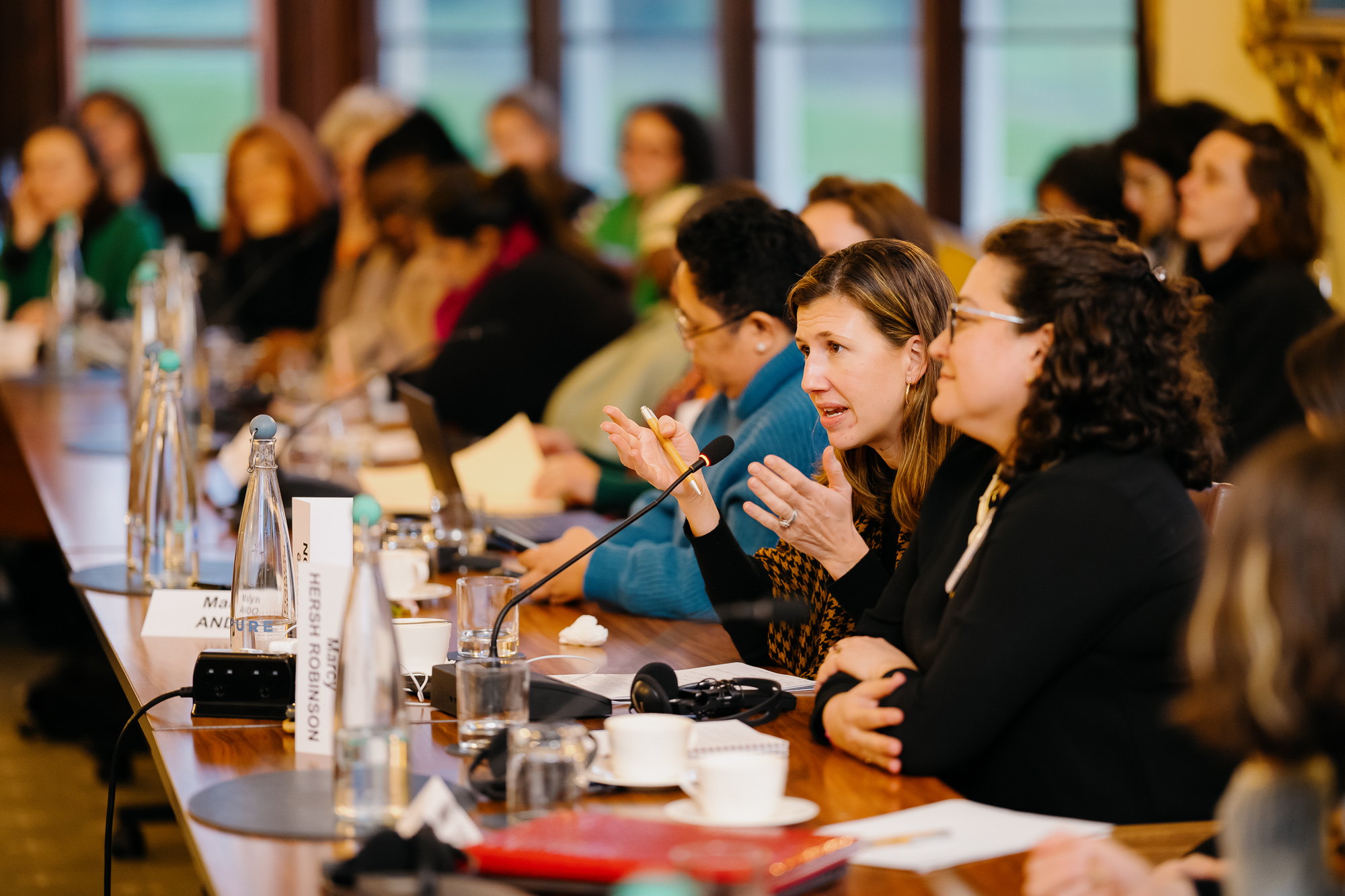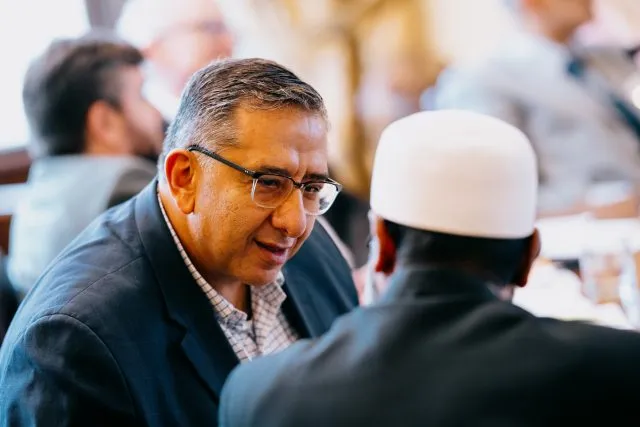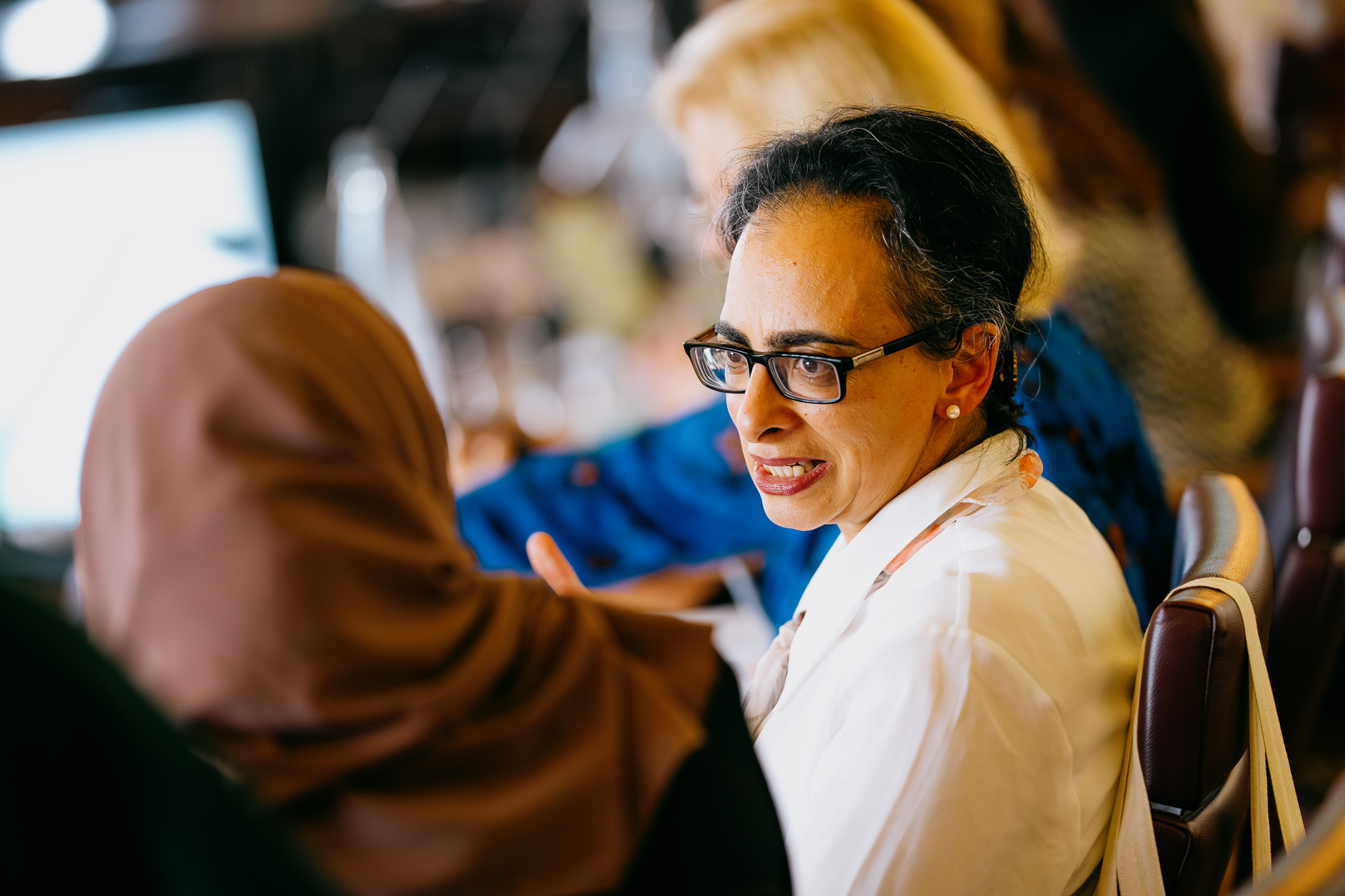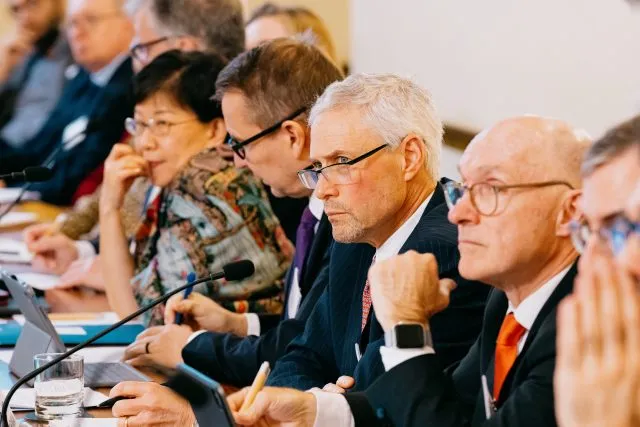Two events in the last month typify the power and values of Wilton Park in providing globally respected expert facilitation, mediation and discreet space to officials and experts to address global challenges.
The upcoming Summit for Democracy, hosted by the Republic of Korea, will be the third time countries have gathered in this format to champion democracy, challenge autocracy, and understand how we can strengthen collective efforts to support democracy in the future.
The UK is a strong advocate of the Summit for Democracy and Wilton Park has been working with colleagues in the Foreign, Commonwealth & Development Office, and partners in the US, Korea and beyond, to support this summit by hosting a workshop for key officials to plan and feed into the Summit later in the year.
We also hosted a gathering of officials from around the world to discuss how to improve collective efforts to prevent and resolve conflict in a world where global cooperation and multilateral efforts seem ever harder. More details on this are below.
Both of these events – on democracy and peacebuilding – speak to some of the core values Wilton Park has been effectively promoting for nearly 80 years, and in the face of reversing outcomes on both fronts, we are redoubling our efforts for UK and global benefit.
However to succeed, we need to further diversify and deepen our networks of support. If you can help, or would like a conversation on how you might do so, we want to hear from you. Please do get in touch using the contact details below.



